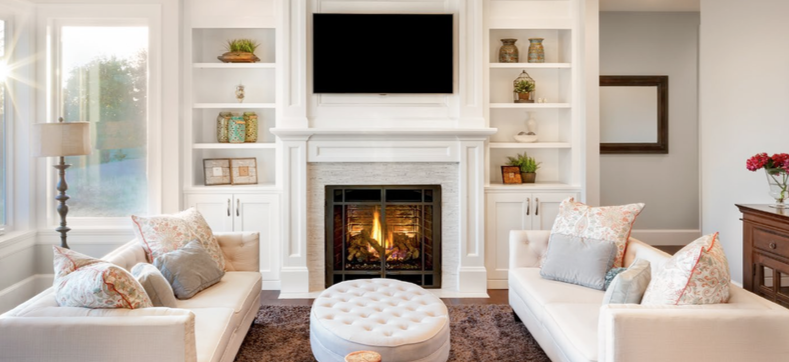As you move through life, you are going to take on a lot of new responsibilities: beginning your career, meeting someone to spend your life with, settling down and buying a home and raising 2.5 children. Owning a home is deeply ingrained into the concept of the American Dream and is something many millions of people hope to achieve one day.
In today’s tough economy, owning a home may seem a little out of your reach—however, with the right preparation, homeownership may be in the cards for you. What you will need to do through each of your “eras” will change; For example, what you want or need in your 20s is almost certainly going to be different than what you want in your 40s.
Regardless of these differences, there are some steps forward that anyone looking to buy a home can take to better their current position to take homeownership out of the realm of fantasy and into reality.
In Your 20s
It may seem difficult getting out of college with a boatload of debt, but staying on top of your credit as you build it will take you miles later on in life. It may seem easy to just put everything on to your credit card and worry about paying it later. However, if you are serious about buying a home, you’ll want to maintain a solid track record with the credit bureaus. Luckily, there are free resources that will help you manage your finances; for example, CreditKarma allows you to check your credit free of charge and will not demerit your overall score.
You can speak with a real estate agent now to get an idea of what you will need to have in order to buy a home. An agent worth their salt will use a CRM that helps manage real estate leads, so that they can keep up with you and send you timely updates.
Even if you don’t think you’ll be able to buy a home in your foreseeable future, now is the right time to develop a plan. Just start a savings account and don’t touch it. Once it has at least $10,000 in it, you are coming close to what you’ll need to have saved for a down payment.
Takeaway: No one is expecting you to buy a home in your 20s, but you can put your best foot forward and prepare for the future of homeownership.
In Your 30s
These days, most people aren’t able to buy a home until they are more established in their 30s. If you’ve already bought a home, but your family is growing, it may be time for an upgrade. Consider where you want them to attend school and the proximity of the school to your workplace. A bigger home would be great, but can you take on the new monthly mortgage with all of the other costs associated with the average household? Instead of finding a new home, simply update the one you already have—but don’t go overboard. Some renovations may cost you a lot of money without providing much return when you want to eventually sell.
Takeaway: Whether it’s for a new home or the one you already live in, in your 30s, you should exercise “cautious upgrading.”
In Your 40s
Now that you’re in your 40s, you should focus on what your lifestyle is like at this moment. As it is in your 30s, if your children are younger, this could be the right time to upgrade into a bigger space. Alternatively, if your children are entering college-aged, you may be faced with an empty nest in the next few years and could do with some downsizing.
Use this time to start thinking seriously about how you can pay off your mortgage. If you were able to buy a home earlier in life (20s or 30s), this is when you will start to realistically be able to lift this huge financial weight. Consult a financial advisor about the benefits of eliminating your mortgage payment.
Takeaway: As you enter the later years of life, you’ll begin to start seeing the benefits of living your life with your finances in order. You’re at the finish line as far as life’s biggest burdens come, enjoy it!
Buying a home at any age is no easy undertaking, in fact it’s one of the hardest things you’ll do in your life.











